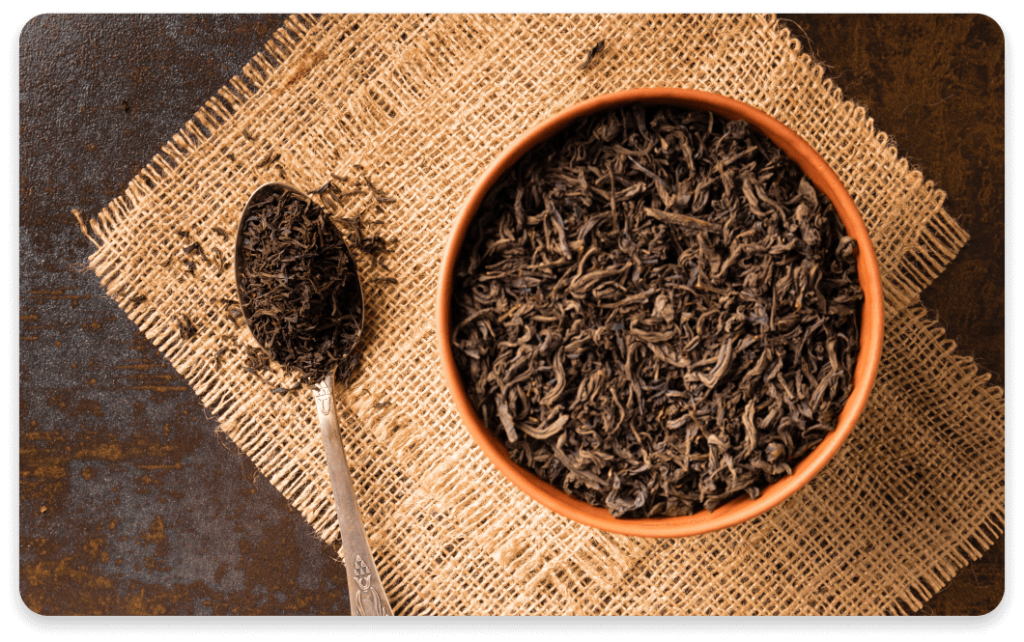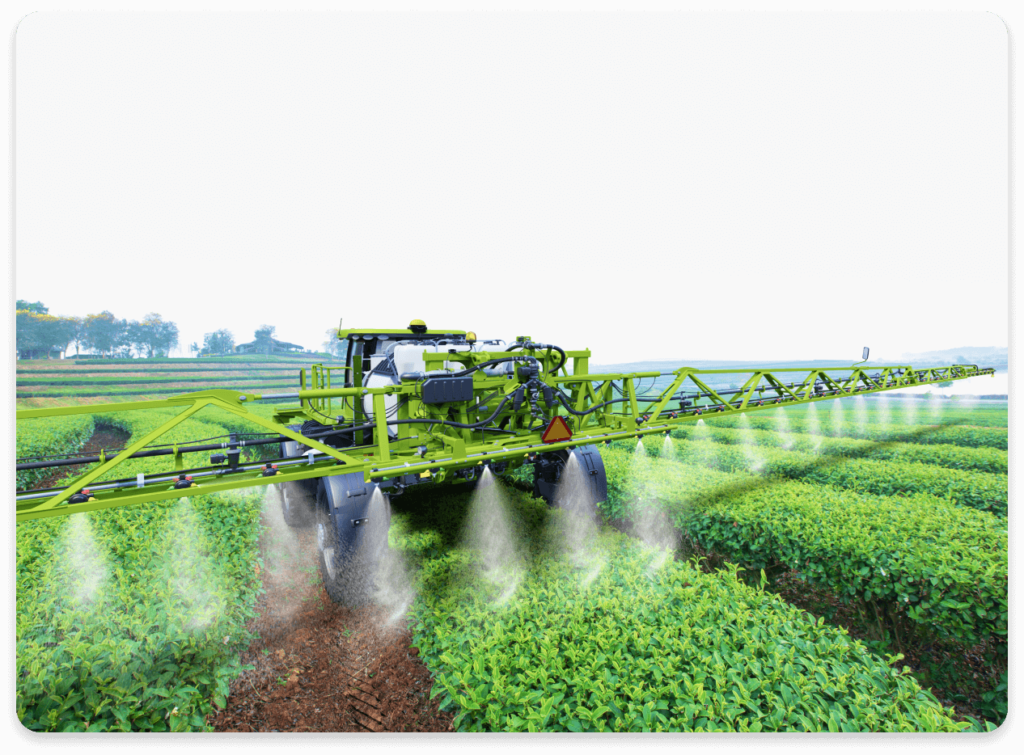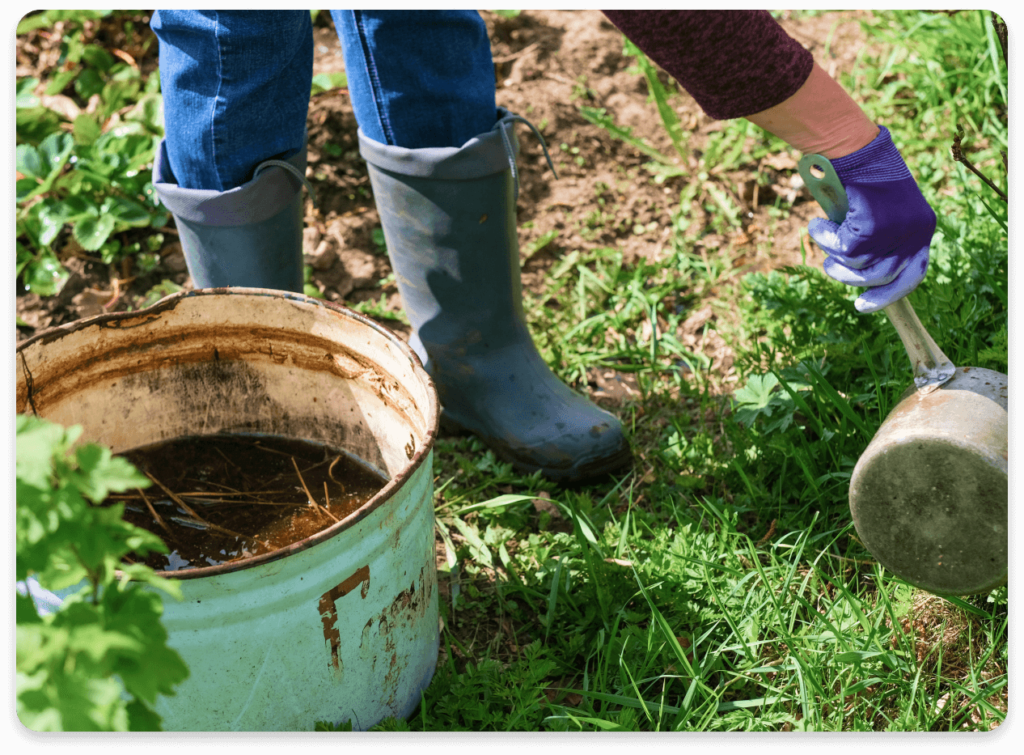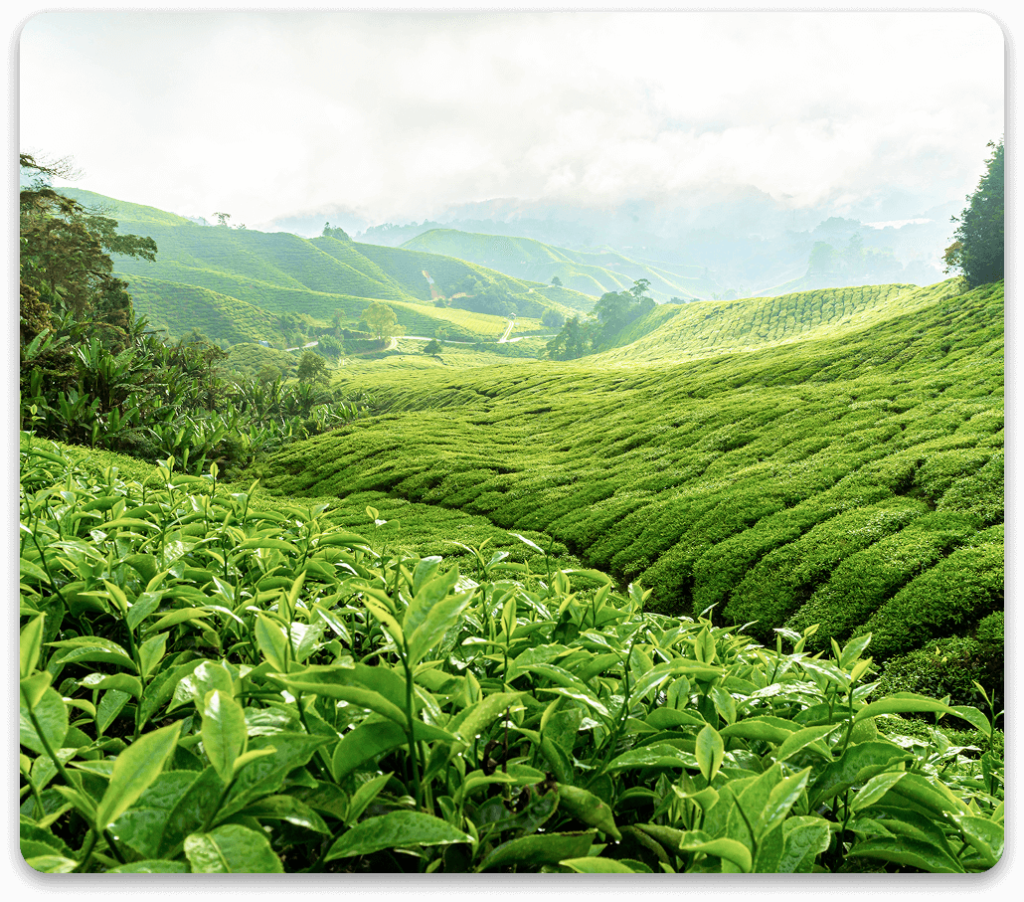

Tea plants require various nutrients for their optimal growth and production such as nitrogen, phosphorus, potassium, calcium and magnesium.
Nitrogenous fertilisers like urea or ammonium sulfate are commonly used to supplement nitrogen levels in the soil.
Phosphatic fertilisers, such as single superphosphate or rock phosphate, are commonly used to supply phosphorus to the soil.
Potassium-based fertilisers like potassium chloride or potassium sulfate are applied to meet the potassium requirements of tea plants.
Lime or calcium-containing fertilisers like calcium nitrate can be used to address calcium deficiencies in the soil.
Magnesium sulfate or dolomite lime can be used to supplement magnesium levels in the soil.
Micronutrient-rich fertilisers or foliar sprays can be utilised to address micronutrient deficiencies.
Conducting soil tests and foliar analysis can help determine the specific nutrient needs of tea plants, enabling the use of tailored fertiliser applications that ensure healthy growth and optimal tea production.

Tea plants require sufficient water for irrigation, especially during periods of inadequate rainfall or dry spells. Proper irrigation helps ensure healthy plant growth, leaf development and optimal yield.

In some tea plantations, drip irrigation systems are employed to optimise water usage. Drip irrigation directly provides water to the tea plant’s root zone, reducing water loss through evaporation and ensuring efficient water use.

In certain tea-growing areas, sprinkler irrigation systems are used to provide water to tea plants. Sprinklers distribute water over the tea plantation, simulating rainfall and ensuring uniform water distribution. However, the suitability of sprinkler irrigation depends on factors such as wind conditions and the specific tea variety being cultivated.

Tea plants typically thrive in areas with moderate to high rainfall. Adequate rainfall helps meet the water requirement of tea plants, especially during the growing season. However, excessive rainfall or waterlogging can harm tea plants, causing root rot or other diseases. Proper drainage is essential to avoid waterlogging and maintain optimal soil moisture levels.

Tea plants prefer well-drained soils that retain moisture but do not become waterlogged. Proper soil moisture management is crucial to tea cultivation. Mulching techniques and regular monitoring of soil moisture levels can help retain soil moisture and reduce water loss through evaporation.
Districts: Darjeeling, Jalpaiguri, Cooch Behar
Districts: Dibrugarh, Golaghat, Nagaon

Matix Fertilisers and Chemicals Limited is one of India’s youngest and fastest-growing fertiliser companies holding approximately 20% market share of urea in Eastern India.
2025. All right reserved